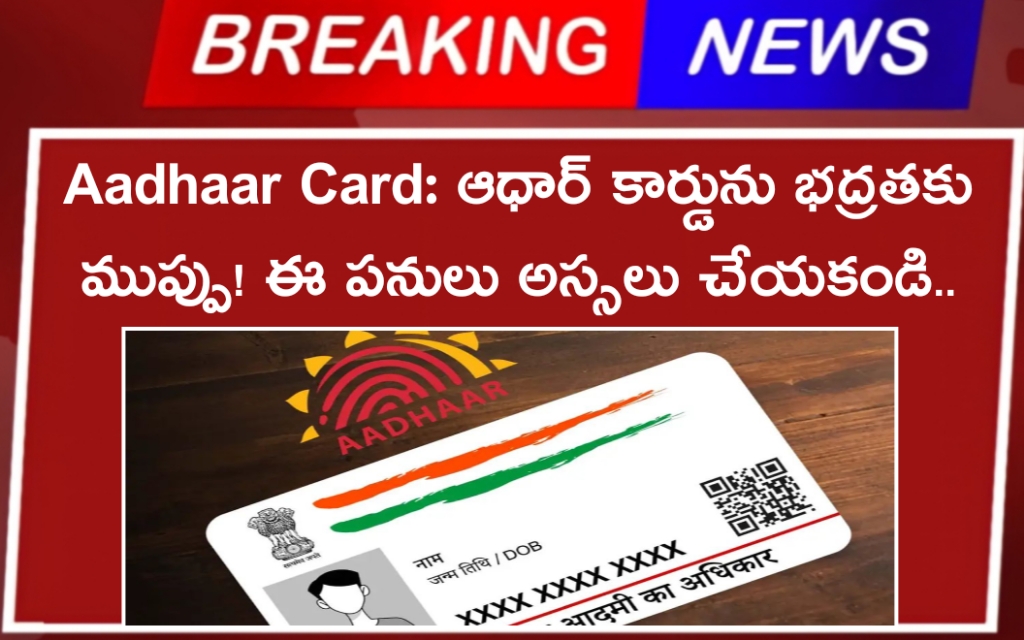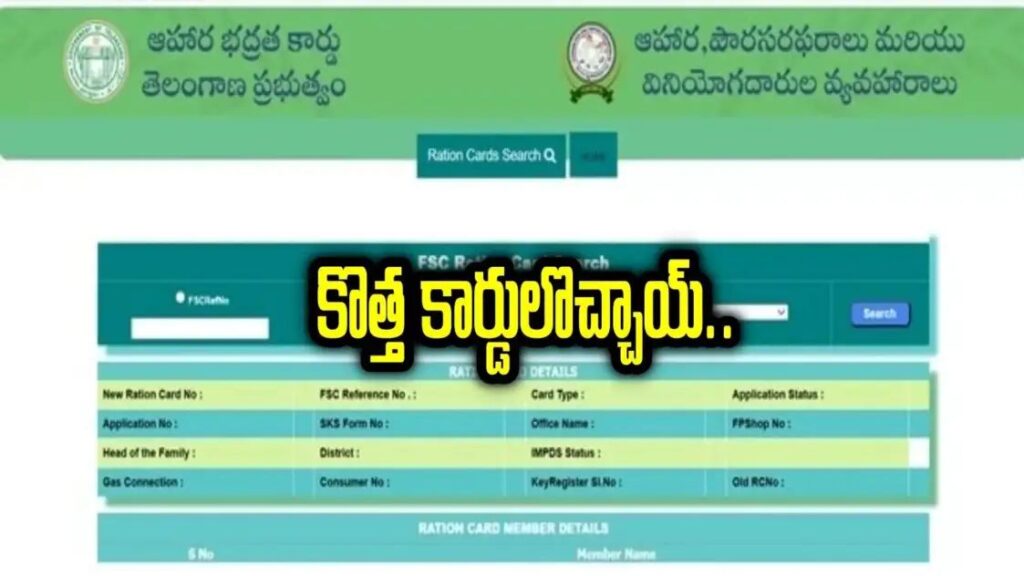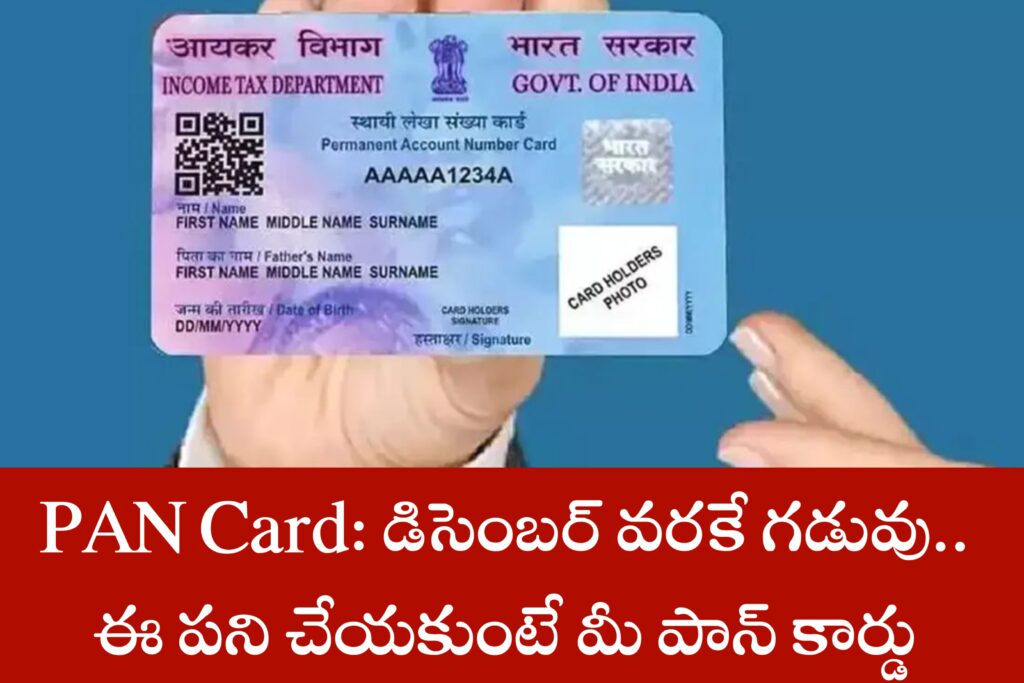Importance of Aadhaar Card in India
WhatsApp Group
Join Now
In India, having an Aadhaar card is crucial as it serves as a primary identity document for citizens. From accessing government services to banking and telecom activities, Aadhaar verification is now ubiquitous.
Safeguarding Your Aadhaar Information
It’s essential to prioritize the safety and security of your Aadhaar card, which is issued by the Unique Identification Authority of India (UIDAI). Organizations collecting Aadhaar information must adhere to legal requirements to ensure secure handling and storage.
Dos and Don’ts for Aadhaar Usage
Dos:
- Protect Your Aadhaar: Share it only with trusted organizations.
- Ensure Consent: Organizations must specify the purpose and obtain consent before collecting Aadhaar.
- Use Virtual Identifier (VID): Generate a VID if you prefer not to share your Aadhaar number.
- Monitor Authentication History: Regularly check your Aadhaar authentication history for any discrepancies.
- Link Email ID: Connect your updated email ID with Aadhaar for authentication notifications.
- Update Mobile Number: Keep your mobile number updated with Aadhaar for OTP-based authentication.
- Utilize Locking Features: Lock your Aadhaar biometrics when not in use and unlock them as needed.
- Seek Help from UIDAI: Contact UIDAI helpline for assistance with Aadhaar-related concerns.
Don’ts:
- Avoid Leaving Aadhaar Documents Unattended: Always keep your Aadhaar card and its copies secure.
- Refrain from Public Sharing: Avoid sharing Aadhaar details on public platforms or social media.
- Protect OTP and M-Aadhaar PIN: Do not disclose Aadhaar OTP or M-Aadhaar PIN to unauthorized entities.







